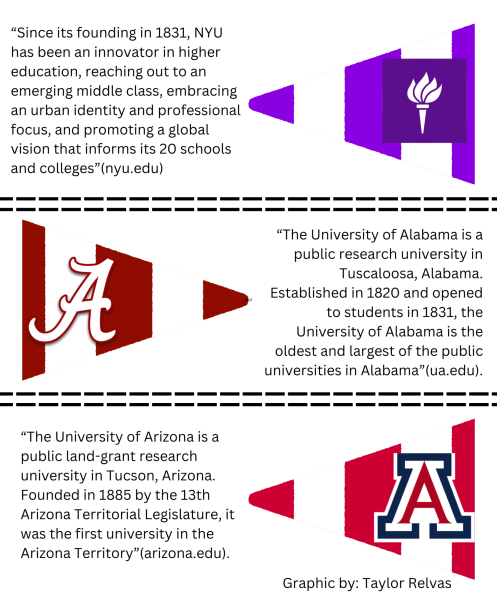Trips should not be cancelled until more information surfaces
April 12, 2020
In a world engulfed in uncertainty and turmoil surrounding the recent COVID-19 pandemic, it is fair to say that nothing can be labeled as definite anymore.
Rather, our understanding of this virus and its impacts is one that changes every minute when new data reaches the surface, so enacting long term restrictions as a result of this pandemic may seem sensible at first glance.
However, we must always keep in mind the true unpredictability of this virus and how nothing ought to be considered certain or definite in these ever-changing times.
“This is a pretty volatile time, and by the time you travel, it may look different. You can’t anticipate where the cases are going to appear,” New York University professor David Abramson says.
Although most are calling for all school trips and vacations to be cancelled or postponed as a result of COVID-19, simply cancelling events scheduled months in the future is irresponsible given the unpredictable nature of the virus.
In addition, the stigma behind cancelling or postponing all forms of travel is highly stimulated by public fear. However, when looking at the CDC’s website, most of their travel information regards international travel. For example, the CDC notes that Americans should avoid traveling to China, Iran, the European Schengen Area, United Kingdom, and the Republic of Ireland. Rather, the CDC does not advise against traveling within the United States as long as certain social distancing guidelines are practiced.
“If you do decide to travel, be sure to take steps to help prevent getting and spreading COVID-19 and other respiratory diseases during travel,” CDC concludes.
However, the issue arises when there are no definite guidelines on dates and when we must stop heeding by this advice. Once again, this can be explained by the ever-changing times and nature of this virus.
In addition, the public, and even doctors, are unable to receive accurate statistics on who is affected by the virus given the shortage of testing kits. This not only limits information concerning who is infected, but does not clarify if those previously infected still carry the virus or have been effectively treated.
“We know that some U.S. communities are spreading the disease rapidly, but the full extent of its prevalence here is unknown because testing has been limited,” Christina Caron of The New York Times explains.
Simply put, rather than cancelling all trips in the foreseeable future, we should watch the spread of COVID-19 and how travel restrictions vary in the area being traveled to. Until we are able to make definite inferences, trips should not be canceled as a result of this virus.
Although the severity of this virus must not be undermined, we must look at our lives and future plans as ones that can change within the blink of an eye. COVID-19 is truly erratic, and we should not make any decisions that would affect the far-future as a precautionary measure due to the unprecedented nature of this time and unpredictability of this virus.





